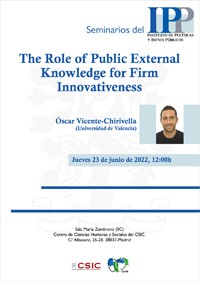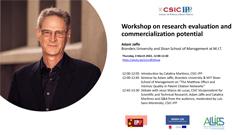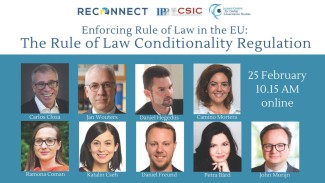Muñoz-Écija, T., Vargas-Quesada, B., & Chinchilla-Rodríguez, Z. (2022). Unveiling cognitive structure and comparative advantages of countries in knowledge domains. Journal of Information Science
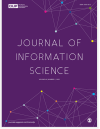
Abstract. Mapping and depicting the structure, dynamics, and national specialisation profiles of scientific fields at the country level affords a better understanding of national developments and changes in a given field, particularly when these changes may serve as an aid in decision-making with regard to research management. This article looks at the cognitive structure of a field over time to characterise its development across countries and to appraise the competitiveness of countries in terms of research specialisation.



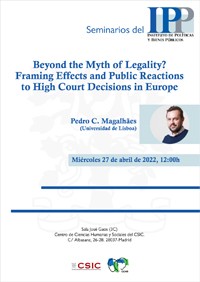
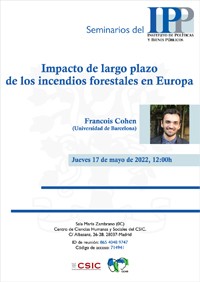
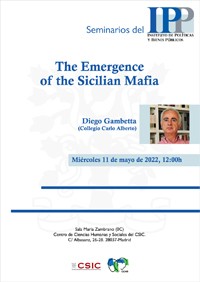
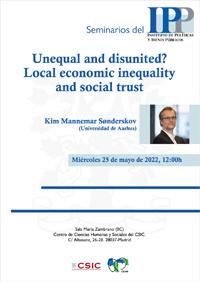
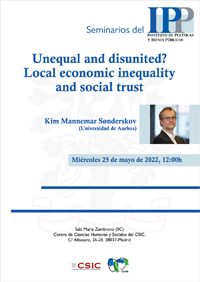 Sala María Zambrano 0C9
Sala María Zambrano 0C9
